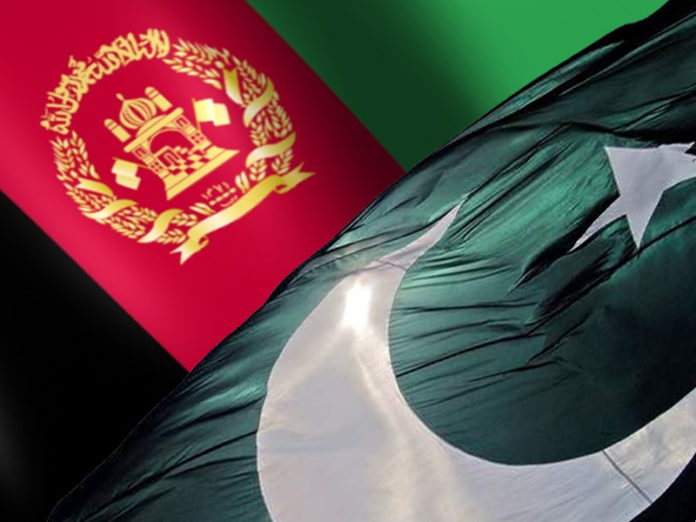Despite sanctions on both Iran and the Taliban, Afghanistan’s trade with and via Iran has surpassed that of Pakistan. India continues to woo the Taliban to divert its external trade to and through the Iranian Chabahar Port. Pakistan’s bilateral trade with Afghanistan is down to $500 million only. The Afghan transit, which had shot up to $7 billion in 2022-23, is down to under $3 billion.
Amir Muttaqqi, the Foreign Minister, and Zabihullah Mujahid, the spokesperson for the Islamic Emirate of Afghanistan, have expressed their country’s intent for good relations with Pakistan. Sounds good since there is no way around staying close to your next-door neighbor. But the presence of, and the support for, the Tehreek-e-Taliban Pakistan (TTP) leadership in Kabul and elsewhere remains the major stumbling bloc in the way of any meaningful dialogue.
Besides the TTP havens in Afghanistan, occasional reference by Taliban ministers to the border as the “disputed imaginary line that needs to go” and the reluctance to adopt a passport as the only document for cross-border travel also keeps clouding the bilateral relationship.
A progressive, phased enforcement of the Passport/Visa regime probably would be the middle ground that both countries can chart. Lots of Afghans and Pakistanis, particularly those who are used to the old Permit system, find it difficult to reconcile with the new conditions and hence the over 100-day protest at Chaman by Pakistani border communities.
The Emirate Islami – as of now – sits pretty comfortably as the de facto rulers with nearly all big nations are eager to engage with it, as evidenced in the Indian delegation’s recent visit to Kabul.
Despite sanctions on both Iran and the Taliban, Afghanistan’s trade with and via Iran has surpassed that of Pakistan. India continues to woo the Taliban to divert its external trade to and through the Iranian Chabahar Port. Pakistan’s bilateral trade with Afghanistan is down to $500 million only. The Afghan transit, which had shot up to $7 billion in 2022-23, is down to under $3 billion.
Abrupt imposition of conditions – taxes on imports, or restrictions on cross-border travel – have been debilitating for people and large businesses on both sides of the border. It hurts the commuters, daily wagers, transporters, and all those associated with the services sector such as hotels, restaurants, and workshops along the route. Thousands of families depend on the two-way movement of bilateral and transit trade. They suffer whenever the trade comes to a halt due to a violent incident or something provocative that locals don’t accept.
Arbitrary policy fluctuations in Islamabad and the demand for a cash bank guarantee equivalent to the value of the cargo (under transit trade) have driven traders away to Iran.
Pakistani officials imposed these measures on the pretext that the transit cargo is being smuggled back into Pakistan.
Some critical points merit mention here:
- Transit trade cargo is insured
- The customs charge a processing fee for clearance
- The cargo is loaded on trucks that either belong to or are run by, the National Logistics Cell (bonded carriers)
- All containers carry a satellite tracker to monitor its movement and prevent offloading on the way
- All importers are required to furnish a bank guarantee equivalent to the value of their cargo as a precaution against smuggling into Pakistan.
Isn’t it a travesty that smuggling of goods happens at borders but Afghan importers face stiff measures at the Karachi Port itself?
Why should an Afghan trader, for example, deposit $100,000 with the Pakistani Ministry of Finance for several weeks, if not months, against the cargo being imported? Nowhere in the world does such a condition exist in transit trade because stopping smuggling is the job of the agencies that man borders and not the responsibility of the transit traders.
Smuggling was going on when bilateral and transit trade was flourishing a decade ago. Illegal movement of people and goods i.e. smuggling continues unhindered.
And the big question is: Have Pakistani restrictions on the Afghan transit trade helped curb smuggling? Apparently not. So why damage trade via and from Pakistan, and who is doing it with what motive?




